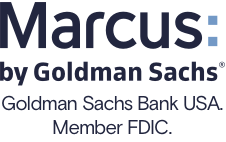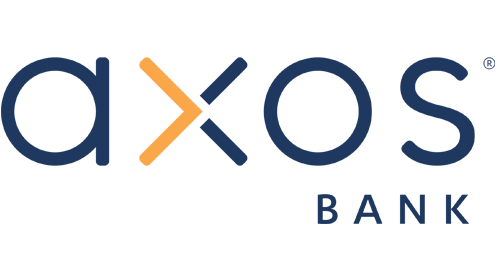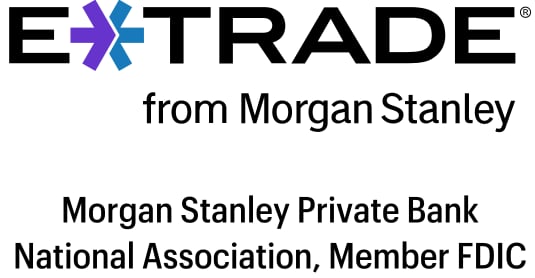Money Market vs. CD: What’s Better?
CDs have higher rates but offer less access to your money than MMAs.

Many, or all, of the products featured on this page are from our advertising partners who compensate us when you take certain actions on our website or click to take an action on their website. However, this does not influence our evaluations. Our opinions are our own. Here is a list of our partners and here's how we make money.
Money market account vs. CD: The difference
Money market accounts (MMAs) and certificates of deposit (CDs) are types of federally insured savings accounts that earn interest. But their rates and ease of access differ.
CDs tend to have higher rates than money market accounts, but give no access to your money until a term ends. Funds get locked up for a set period of months or years, and withdrawing early typically results in a penalty, such as several months to a year’s worth of interest. Most often, CD rates are fixed. (Learn more about CD basics.)
Money market accounts usually offer access to funds and rates comparable to regular savings accounts. They allow you to withdraw money without penalty, but rates are subject to change over time. MMAs generally have larger minimum balance requirements and sometimes offer checks. MMAs can also be called money market savings or money market deposit accounts, and they differ from money market funds, which are a type of investment.
» Learn more: How MMAs work
Nerdy Perspective
How would you think about deciding between a CD and a money market account?
When to choose a money market account over a CD
You want the option to add and withdraw money regularly. With money market accounts, you don’t have to wait for a term to expire before making a withdrawal. Keep in mind, however, that some MMAs have withdrawal restrictions that are similar to those of regular savings accounts: six per month, not counting in-person or ATM withdrawals. These restrictions vary by bank; some may not impose any limits, while others may charge a penalty for going beyond six.
You’re looking for checking account-like perks. Some MMAs offer debit cards, ATM access and check-writing abilities — features often seen with checking accounts.
You prefer the balance of a solid rate and easy access. Along with convenient ways to access your money, some MMAs offer strong interest rates.
» COMPARE: See the best money market accounts
Marcus by Goldman Sachs High-Yield CD

4.25%
1 year
Bread Savings™️ CD

4.40%
6 months

Federally insured by NCUA
Alliant Credit Union Certificate

4.00%
1 year

Member FDIC
Discover® CD

4.00%
1 year
When to choose a CD over a money market account
You want to maximize savings. CDs tend to have the highest yields among bank accounts.
You want to lock in a rate. CDs pay set interest rates, so you can earn a predetermined yield during your term, even if overall interest rates fall.
You prefer to set aside a fixed amount of savings for a big purchase months or years away. A CD requires you to forgo any withdrawals or deposits until its term expires. This can be handy if you want a safe place to keep money designated for a big-ticket item such as a car or down payment.
» Learn more: See the best CD rates
When to choose a savings account instead
You want a wider pool of high-yield options than MMAs tend to offer. High-yield savings accounts, particularly those offered by online banks, generally have above-average interest rates. They can be better than many MMA rates, and you can still keep your money within your reach. Check out the best online savings accounts.
You don’t want to worry about the higher minimum balance requirements that MMAs and CDs can have. Savings accounts tend to have the lowest opening and ongoing balance requirements among the three banking products. Many high-yield savings options don't have monthly fees, but some may still require a certain balance to earn a top rate.
Compare types of bank accounts
Your cash can go into many different bank accounts, and it’s helpful to know the pros and cons of account types. Check out these articles to help you choose the right account.
For comparing two accounts:
For deciding on where to bank:










